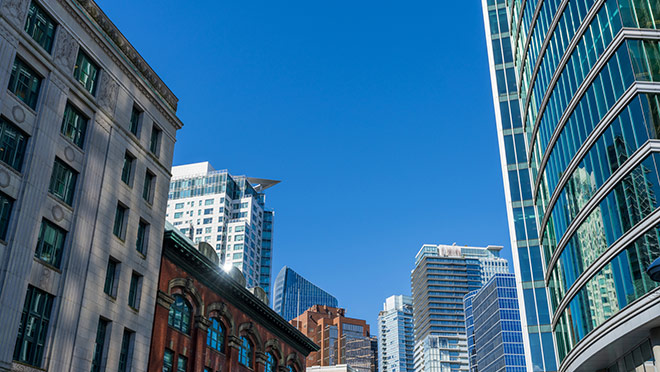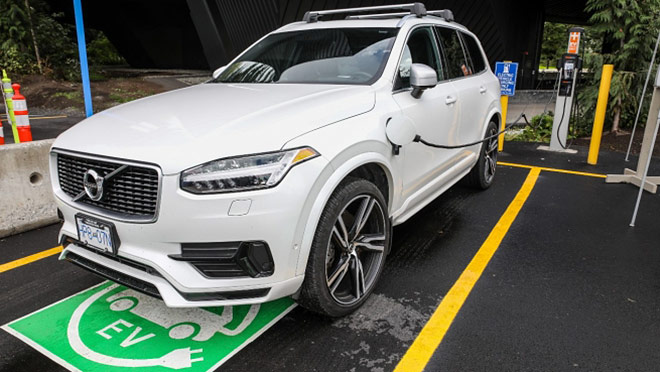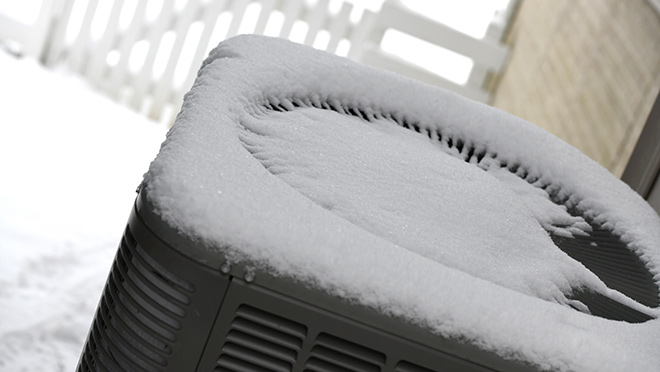July 2022

B.C. Government launches $76 million Climate Action Fund
In May, the Government of B.C. launched the Local Government Climate Action Program (LGCAP) to provide communities and Modern Treaty Nations with funding to reduce greenhouse gas emissions and lessen the impacts of climate change.
Local governments and Modern Treaty Nations determine eligible expenditures, which must advance CleanBC Roadmap and/or Climate Preparedness and Adaptation Strategy objectives. Expenses could include staffing, contracts, investments to improve energy efficiency, climate infrastructure, matching funds to leverage federal government and other third-party funding, and engagement activities.
In its 2022 budget, the Government of B.C. allocated $76 million to the program over three years. Funds will be distributed to eligible governments based on each community's population and a base amount. This coming fall, it plans to collaborate with local governments and Modern Treaty Nations to refine the program for year two and beyond.

Electrifying homes on the Musqueam Reserve
As a community energy specialist with the xʷməθkʷəy̓əm (Musqueam) Indian Band, Ehsan Haghi leads a range of initiatives and activities to increase awareness of the benefits of energy efficiency in the band's administrative buildings and 250+ homes. He also implements upgrades and retrofits across the community.
Haghi manages funding and implementation under our Energy Conservation Assistance Program and the Indigenous Community Conservation Program, which is funded by the Government of B.C. and the Government of Canada under the Low Carbon Economy Leadership Fund.
Haghi is a mechanical engineer who completed a PhD from University of Waterloo in late 2019. The Sustainable Communities program provides partial funding for his position.

Vancouver continues buildings climate leadership
In mid-May, the City of Vancouver approved a set of new regulations that aim to decarbonize buildings while helping improve climate resilience. The actions detailed in the four approved Climate Emergency: Building Emissions Reduction Reports will initially remove or avert the release of more than 50,000 tonnes of carbon-dioxide equivalent greenhouse gas emissions per year, with reductions continuing to grow over time. They'll also ensure that all the city's new buildings will emit close to zero carbon pollution by 2025 – a 90% reduction compared to 2007 levels.
The policy suite also included several firsts, such as a timeline for getting all new construction to near-zero emissions, requiring carbon pollution reductions from Vancouver's existing large commercial buildings, and innovative regulations targeting emissions from building materials and construction waste. There are also requirements for cooling and air filtration in new builds – which are now critical health and safety issues given increasingly hotter summers and more frequent and severe wildfire smoke events.
The new policies focus on early actions from those that have the resources to act first and include additional support for those that need them. On the latter front, the biggest move is a new $2 million grant to the BC Non-Profit Housing Association to fund a Non-Market Housing Climate Resilient Retrofit Program.

Whistler rolls out new EV strategy
This past month, the Resort Municipality of Whistler council adopted a Whistler Electric Vehicle Strategy that aims to accelerate EV adoption by residents, the commuter workforce, and businesses.
The strategy seeks to increase access to home charging, expand the public charging network, and accelerate the electrification of municipal and commercial fleets. The resort municipality will also seek to accelerate individual adoption via outreach and education activities, advocating for continued EV incentive programs, tracking, and reporting on relevant metrics. The strategy also considers accessibility needs, with input from the RMOW Accessibility Coordinator, and research on accessibility design of EV charging stations.
The Community Energy Association developed the strategy for the resort municipality following engagement and extensive input and involvement with residents and stakeholders. In 2020, transportation contributed 40% of Whistler's community emissions. The Government of B.C. provided funding for the strategy through the Emotive Clean Transportation Targets and Planning Pilot Funding program.

Extra heat pump help for the North
In late June, as part of the CleanBC Better Homes and Better Buildings program, the Government of B.C. introduced a new incentive for northern residents to install cold-climate heat pumps. The new funding can save northern homeowners an additional $3,000 on the overall cost of a new heat pump system. Some heat pumps will work in temperatures as low as -30°C. They also provide the additional benefits of reducing cooling costs and improving indoor air quality during heat waves and wildfire season.
BC Housing videos spotlight integrated design
For several years, the Local Energy Efficiency Partnerships (LEEP) program and accompanying BC Housing video series have profiled the various strategies, technologies, and practices associated with higher-performance homebuilding. Early episodes focused on the benefits of energy advisors and the BC Energy Step Code, for example. The latest release of videos highlights integrated design – an approach to building that involves early engagement and frequent facilitated collaboration between all project team members to ensure optimal performance, cost efficiency, occupant comfort, and resilient buildings. The new Series 3 of the LEEP video series showcases builders who have successfully put the approach to work.